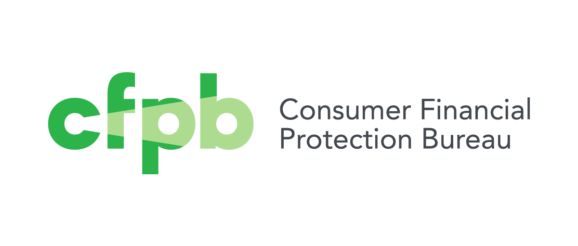CFPB Issues Policies to Facilitate Compliance and Promote Innovation | Consumer Financial Protection Bureau

WASHINGTON, D.C. – The Consumer Financial Protection Bureau (Bureau) today issued three new policies to promote innovation and facilitate compliance: the No-Action Letter (NAL) Policy, Trial Disclosure Program (TDP) Policy, and Compliance Assistance Sandbox (CAS) Policy. The Bureau proposed the policies in 2018 and received public comments on each from a diverse array of stakeholders.
Regulatory uncertainty can hinder the development of innovative products and services that benefit consumers. NALs provide increased regulatory certainty through a statement that the Bureau will not bring a supervisory or enforcement action against a company for providing a product or service under certain facts and circumstances. The new NAL Policy improves on the Bureau’s 2016 NAL Policy by having, among other things, a more streamlined review process focusing on the consumer benefits and risks of the product or service in question.
The Bureau today issued its first NAL under the new NAL Policy in response to a request by the Department of Housing and Urban Development (HUD) on behalf of more than 1,600 housing counseling agencies (HCAs) that participate in HUD’s housing counseling program. In 2018, HUD brought concerns to the Bureau about HCAs and lenders not entering into agreements that would fund counseling services due to uncertainty about the application of the Real Estate Settlement Procedures Act (RESPA). Expressing similar concerns, the Coalition of HUD Intermediaries filed a comment letter in February 2019 noting the insufficiency of the Bureau’s old NAL Policy and supporting the new NAL proposed policy. The no-action letter essentially states that the Bureau will not take supervisory or enforcement action under RESPA against HUD-certified HCAs that have entered into certain fee-for-service arrangements with lenders for pre-purchase housing counseling services. The NAL, which is an exercise of the Bureau’s supervisory and enforcement discretion, is intended to facilitate HCAs entering into such agreements with lenders and will enhance the ability of housing counseling agencies to obtain funding from additional sources.
Under the new TDP Policy, entities seeking to improve consumer disclosures may conduct in-market testing of alternative disclosures for a limited time upon permission by the Bureau. The Dodd-Frank Act gives the Bureau the authority to provide certain legal protections for entities to conduct trial disclosure programs, as outlined in the TDP Policy. The new policy streamlines the application and review process.
The CAS Policy enables testing of a financial product or service where there is regulatory uncertainty. After the Bureau evaluates the product or service for compliance with relevant law, an approved applicant that complies in good faith with the terms of the approval will have a “safe harbor” from liability for specified conduct during the testing period. Approvals under the CAS Policy will provide protection from liability under the Truth in Lending Act, the Electronic Fund Transfer Act, or the Equal Credit Opportunity Act.
“Innovation drives competition, which can lower prices and offer consumers more and better products and services. New products and services can expand financial options, especially to unbanked and underbanked households, giving more consumers access to the benefits of the financial system. The three policies we are announcing today are common-sense policies that will foster innovation that ultimately benefits consumers.” said Consumer Financial Protection Bureau Director Kathleen L. Kraninger.
The TDP policy can be found here: https://files.consumerfinance.gov/f/documents/cfpb_final-policy-to-encourage-tdp.pdf
The associated HUD NAL template may be found here: https://files.consumerfinance.gov/f/documents/cfpb_HUD-no-action-letter-template.pdf
The associated HUD NAL application may be found here: https://files.consumerfinance.gov/f/documents/cfpb_HUD-no-action-letter-application.pdf
The Consumer Financial Protection Bureau is a 21st century agency that helps consumer finance markets work by regularly identifying and addressing outdated, unnecessary, or unduly burdensome regulations, by making rules more effective, by consistently enforcing federal consumer financial law, and by empowering consumers to take more control over their economic lives. For more information, visit consumerfinance.gov.
